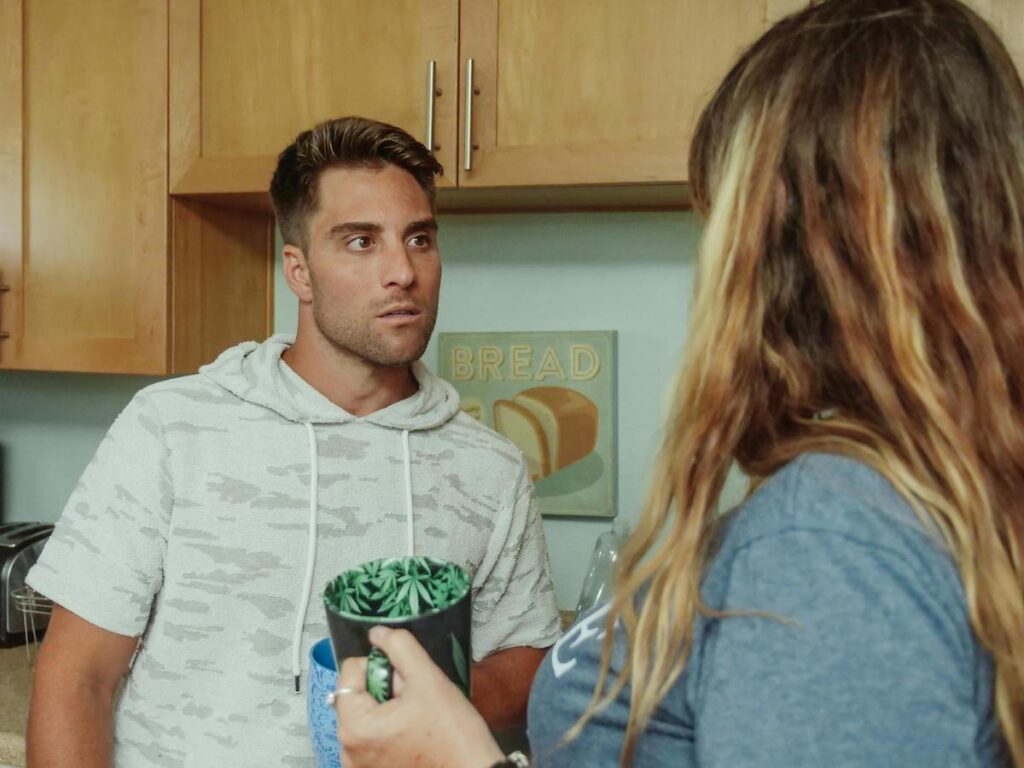Understanding the Need for Drug Detox Help
Watching your son struggle with addiction is an emotional experience that no parent is fully prepared for. You may feel a mix of fear, guilt, confusion, and helplessness as you try to figure out how to support him through the most difficult time in his life. Drug detox, often the first critical step toward recovery, can be intimidating and unfamiliar. Understanding the detox process and your role in it can make a tremendous difference in how your son experiences this journey and whether or not he successfully moves forward in treatment.
Detox is more than just stopping drug use. It’s a medically and emotionally intense period where your son’s body works to rid itself of substances while stabilizing mentally and physically. Withdrawal symptoms can be painful and unpredictable, and without professional help, the risks of relapse, medical complications, or emotional breakdown increase. That’s why guiding him into professional care and remaining a stable part of his support system is essential. With the right approach and mindset, you can be one of his most valuable assets during detox and beyond.
What Happens During Drug Detox?
Detoxification is the process of allowing the body to eliminate drugs from its system while managing withdrawal symptoms. Depending on the substance used, detox can last anywhere from several days to a couple of weeks. It’s not just about waiting it out; it’s a carefully monitored phase where medical professionals often use medications, nutritional support, and therapeutic guidance to help ease your son’s physical and mental stress.
Withdrawal symptoms vary depending on the type and length of drug use. For example, opioids might cause flu-like symptoms, muscle pain, anxiety, and intense cravings. Stimulants can lead to depression, fatigue, and sleep disturbances. Benzodiazepine withdrawal can be especially dangerous without medical supervision, as it may involve seizures and psychosis. Knowing this helps you understand why professional detox services are necessary. Trying to detox at home may seem more convenient or private, but it can be medically unsafe and emotionally overwhelming.
Detox is not the same as treatment. It’s the first step. Once your son is physically stabilized, the real work of addressing the underlying causes of addiction begins. This is why your continued involvement and encouragement for ongoing care are so vital.
The Emotional Toll on Parents
Helping your son through detox can be emotionally draining. You may feel ashamed, angry, or unsure about how you got here. Some parents blame themselves. Others might feel frustrated that their child isn’t just able to “snap out of it.” These are natural emotions, but holding onto them won’t help you or your son. Instead, acknowledging these feelings and working through them, often with your own support system or a therapist—can strengthen your ability to support him.
You might also feel conflicted about the boundaries you need to set. Supporting your son doesn’t mean enabling unhealthy behavior. Learning where to draw that line is challenging but necessary. You may need to say no to requests that could undermine his recovery, even when doing so breaks your heart. It’s okay to love your son deeply and still maintain structure and accountability.
Helping Your Son Choose the Right Detox Program
One of the most practical ways to help your son is by guiding him toward a qualified detox center. If he’s open to the idea, research programs together. If he’s resistant, you may need to take a more proactive role. Look for centers that specialize in the substance he’s using, offer 24/7 medical supervision, and provide access to follow-up treatment.
In North Florida, including Lake City, Tallahassee, and Gainesville, there are several reputable programs offering a range of detox and addiction treatment services. Facilities like The Wave of North Florida support patients with personalized care, experienced medical teams, and an emphasis on long-term recovery planning. Even if your son lives in a different city or state, being treated in a supportive environment a short distance from home can offer the benefits of focus, safety, and confidentiality.
Try not to let logistics or emotions delay the process. The longer addiction goes untreated, the greater the risk to your son’s health and future. Speak with admissions teams, ask questions about their approach, and help your son feel confident that detox is the first courageous move toward a better life.
Supporting Him During Detox
Your role during detox isn’t necessarily hands-on, but it is emotionally significant. Depending on the program, you may have limited contact with your son during the early stages of detox. This can be unsettling, especially if you’re used to checking in on him constantly. But trusting the professionals and giving him space to begin healing is part of the process. What your son needs most during detox is reassurance that you care and believe in his ability to recover. Simple things like letters, messages of encouragement, or short phone calls can remind him that he is not alone. If he gives consent for you to speak with his treatment team, stay informed about his progress and ask how you can be involved in the next steps of treatment.
Avoid pressuring him or overwhelming him with expectations. Right now, his focus is simply making it through detox. Patience is critical. So is hope.
Life After Detox: What Comes Next?
Detox is only the beginning. Once your son has completed detox, he will need ongoing treatment to maintain sobriety and address the emotional, behavioral, and psychological roots of addiction. Without continued care, relapse is far more likely.
Options include residential treatment, partial hospitalization programs (PHP), intensive outpatient programs (IOP), and outpatient counseling. Each offers a different level of structure depending on your son’s needs and progress. Recovery doesn’t follow a straight path, and it’s important that your son finds a program that fits his stage of healing. You can help by supporting his transition into treatment, assisting with transportation or logistics, and offering encouragement to stay engaged even when things get tough. The support you offer after detox can be just as important as the help you provided getting him there in the first place.
Dealing With Relapse: Staying Committed
Relapse is often a part of the recovery journey, though it’s never inevitable. If your son does relapse after detox or treatment, it doesn’t mean he failed, or that you did. It means addiction is complex and requires continued support and adjustments in care.
In the face of relapse, remain steady. Encourage your son to re-engage with his treatment providers, seek out a different level of care if necessary, and reflect on what contributed to the slip. Try not to shame or punish. Instead, offer consistent love and guidance while upholding the boundaries that keep you and him safe.
Stay involved. Recovery is not just one decision—it’s a series of decisions made daily. Your commitment to standing by your son, regardless of setbacks, can make a difference in whether he keeps moving forward.
Taking Care of Yourself as a Parent
While helping your son through drug detox, don’t forget to care for yourself. Supporting a loved one through addiction and recovery can be exhausting and emotionally taxing. It’s essential that you create time and space for your own healing. Join a support group for families, seek out counseling, or lean on trusted friends. Learning about addiction, understanding trauma, and developing coping strategies will help you avoid burnout. When you’re strong, you’re better equipped to help your son. It’s not selfish to prioritize your well-being—it’s necessary. You cannot pour from an empty cup. When you model resilience, self-respect, and compassion, you teach your son those same values.
Why Detox Close to Home Matters
Choosing a detox center in or near your home community has several benefits. If you live in North Florida or South Georgia, facilities like The Wave of North Florida in Lake City offer comprehensive detox and treatment in a setting that feels close but still gives your son space to focus on recovery. Being nearby allows for easier family involvement, smoother transitions into aftercare, and stronger community support. Your son may even begin forming healthy connections in the same region where he will rebuild his life.
Even if your son is hesitant about going to treatment, knowing that you’re nearby and invested in the process can help him feel less alone. It reminds him that recovery isn’t something he has to do in isolation.
Final Thoughts: Your Son’s Future Is Worth Fighting For
Helping your son through drug detox is one of the most important and loving things you can do. It requires strength, patience, courage, and an unshakable belief in his ability to heal. You may not have all the answers, and that’s okay. What matters most is that you show up, stay informed, and support his journey without losing yourself in the process.
Detox is the beginning of a long but meaningful path toward recovery. With the right care, continued support, and family involvement, your son has every opportunity to build a life that’s healthy, stable, and fulfilling. Don’t give up hope, even when it’s hard.
And if you’re looking for a treatment center that can provide safe, evidence-based drug detox in North Florida, The Wave of North Florida is here to help your son take his first steps toward recovery with dignity and care.



